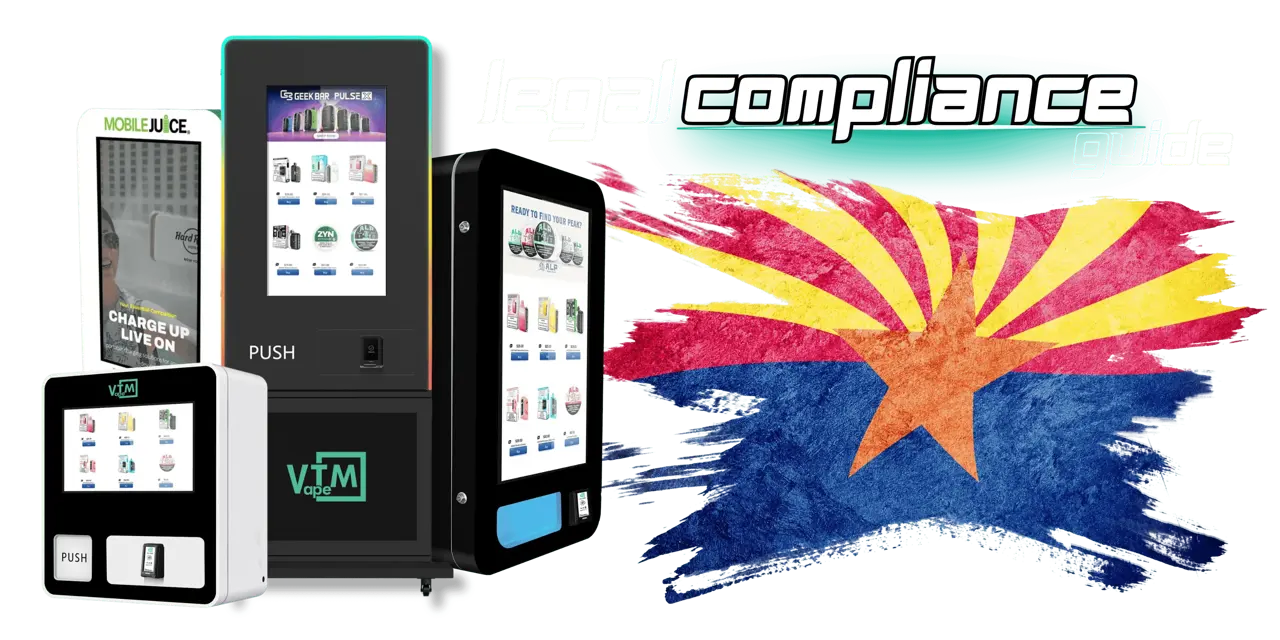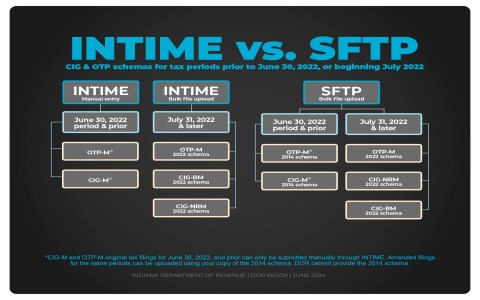Understanding Electronic Cigarette Licenses
An electronic cigarette license is a regulatory permit issued by a competent government authority. This license grants legal permission to businesses or individuals to engage in specific activities related to electronic cigarettes (e-cigarettes) and vaping products, such as manufacturing, distributing, importing, exporting, or selling them to consumers.
Core Objectives of Licensing

The implementation of licensing schemes for electronic cigarettes serves several key purposes:
- Public Health and Safety: To ensure products meet certain safety and quality standards, and to control ingredients and manufacturing processes.
- Youth Access Prevention: To enforce age verification requirements and restrict sales to minors.
- Market Regulation: To create a regulated market, reducing illicit trade and ensuring fair competition.
- Taxation and Revenue: To facilitate the collection of applicable taxes on vaping products.
- Accountability: To establish a framework for monitoring compliance and taking enforcement action against non-compliant entities.
Entities Requiring a License
The specific entities required to obtain an electronic cigarette license vary by jurisdiction, but typically include:
- Manufacturers: Companies that produce e-cigarette devices, e-liquids, components, or accessories.
- Distributors/Wholesalers: Businesses that purchase products from manufacturers and sell them to retailers.
- Retailers: Brick-and-mortar stores, online vendors, and vape shops that sell e-cigarette products directly to end-users.
- Importers/Exporters: Businesses involved in bringing e-cigarette products into a country or sending them to other markets.
General Licensing Process Overview
While the exact procedures differ significantly based on local, state, or national laws, the process to secure an electronic cigarette license generally involves several common steps:
- Submission of a comprehensive application form.
- Payment of prescribed application and licensing fees.
- Provision of detailed business information, including legal structure and ownership details.
- Compliance with zoning, premises, and operational requirements.
- Potential background checks for owners or key personnel.
- Demonstration of adherence to product standards, labeling, and packaging regulations.
Important Considerations
Jurisdictional Variability: Electronic cigarette regulations, including licensing, are not uniform. Requirements can differ vastly from one country to another, and even between states or provinces within a single country. It is crucial to consult the specific regulations of the intended area of operation.
Compliance and Renewal: Licenses are typically granted for a specific period and require renewal. Ongoing compliance with all applicable laws, including marketing restrictions, sales practices, and product safety standards, is essential to maintain the license and avoid penalties, suspension, or revocation.











